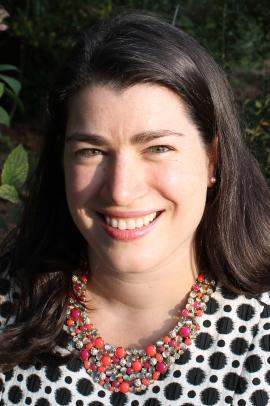Julia Burdick-Will
Julia Burdick-Will is an Assistant Professor in the Department of Sociology and the School of Education at Johns Hopkins University.
Academic background
Julia Burdick-Will received her Ph.D. from the University of Chicago, where she was an Institute for Education Sciences Predoctoral Fellow, and was a Postdoctoral Research Associate at the Population Studies and Training Center at Brown University. Her research combines the sociology of education and urban sociology to study the roots of educational inequality and examine the dynamic connections between communities and schools that shape opportunities to learn. She has studied the effects of concentrated neighborhood poverty on cognitive development, the geography of elementary school openings and closings, and the impact of neighborhood and school violence on student test scores, attendance, school mobility, and high school enrollment patterns. Her current projects focus on metropolitan level patterns of school mobility and segregation, as well as the effect of difficult student commutes on tardiness and transfer.
Research Projects: Baltimore Schools Regional Mobility Study, Investigating Youth Commuting to School
Favorite Thing to Do in Baltimore: Chesapeake & Allegheny Live Steamers (Leakin Park train rides)
